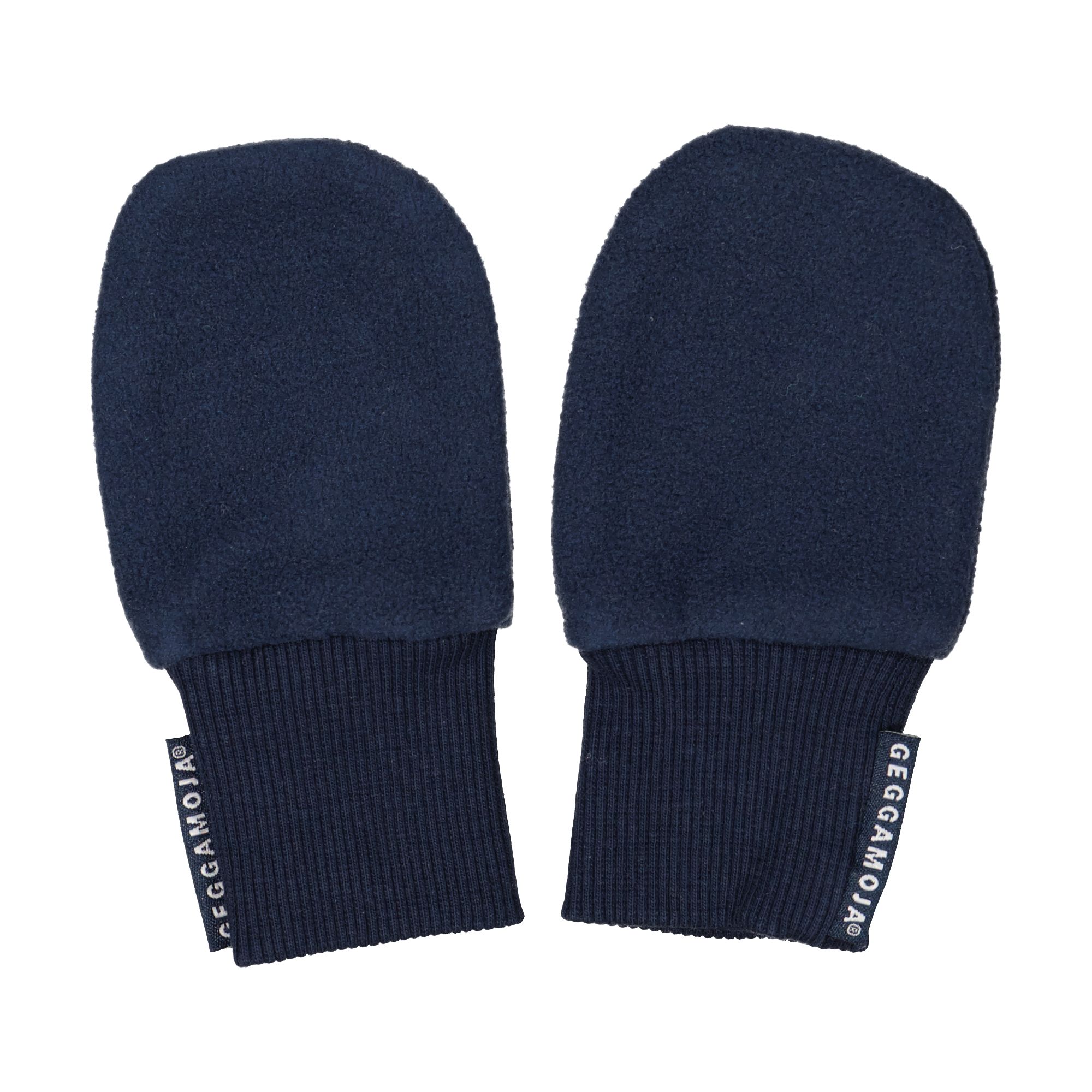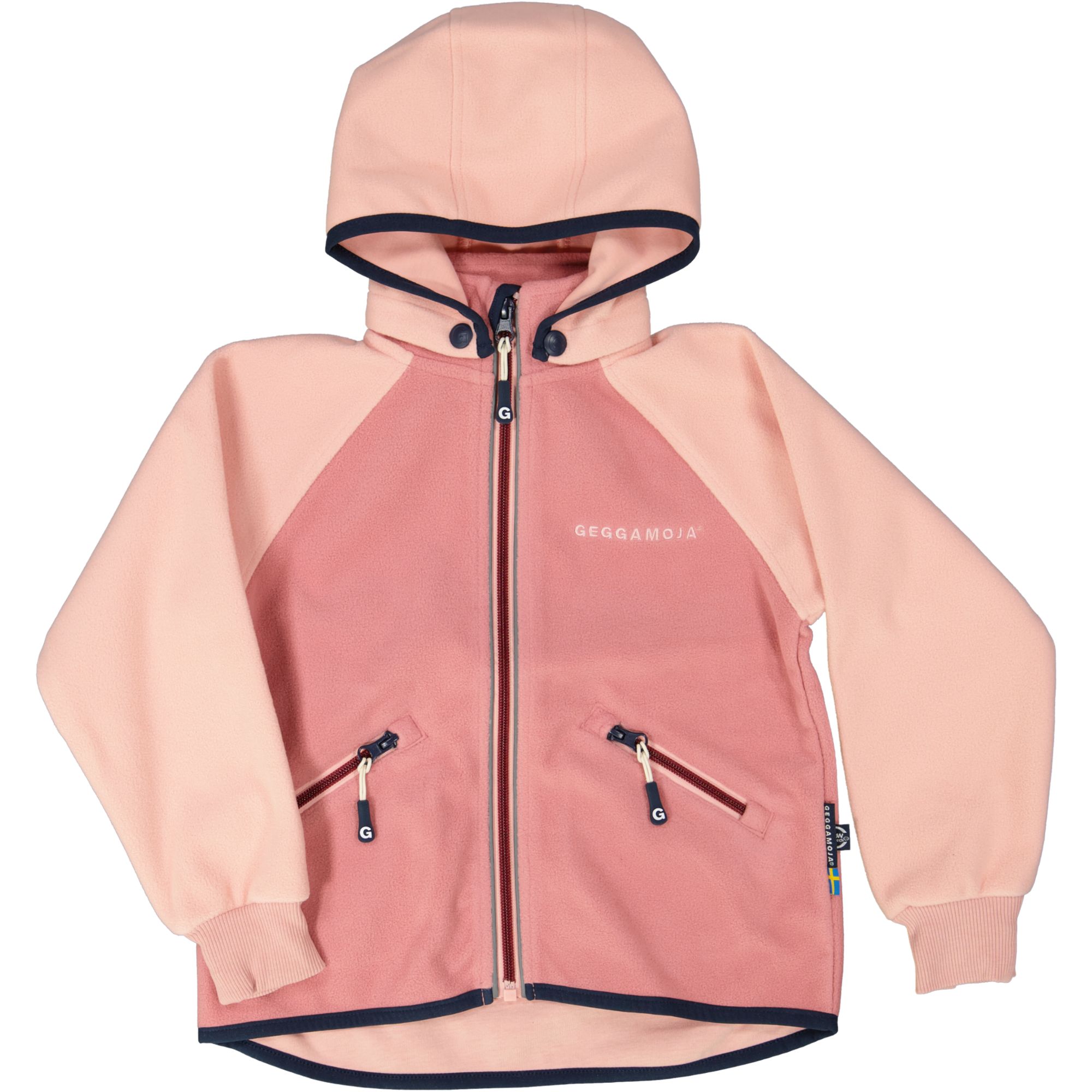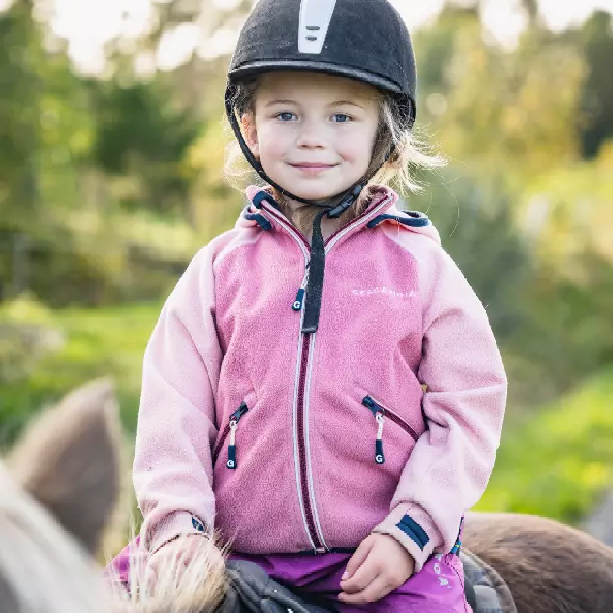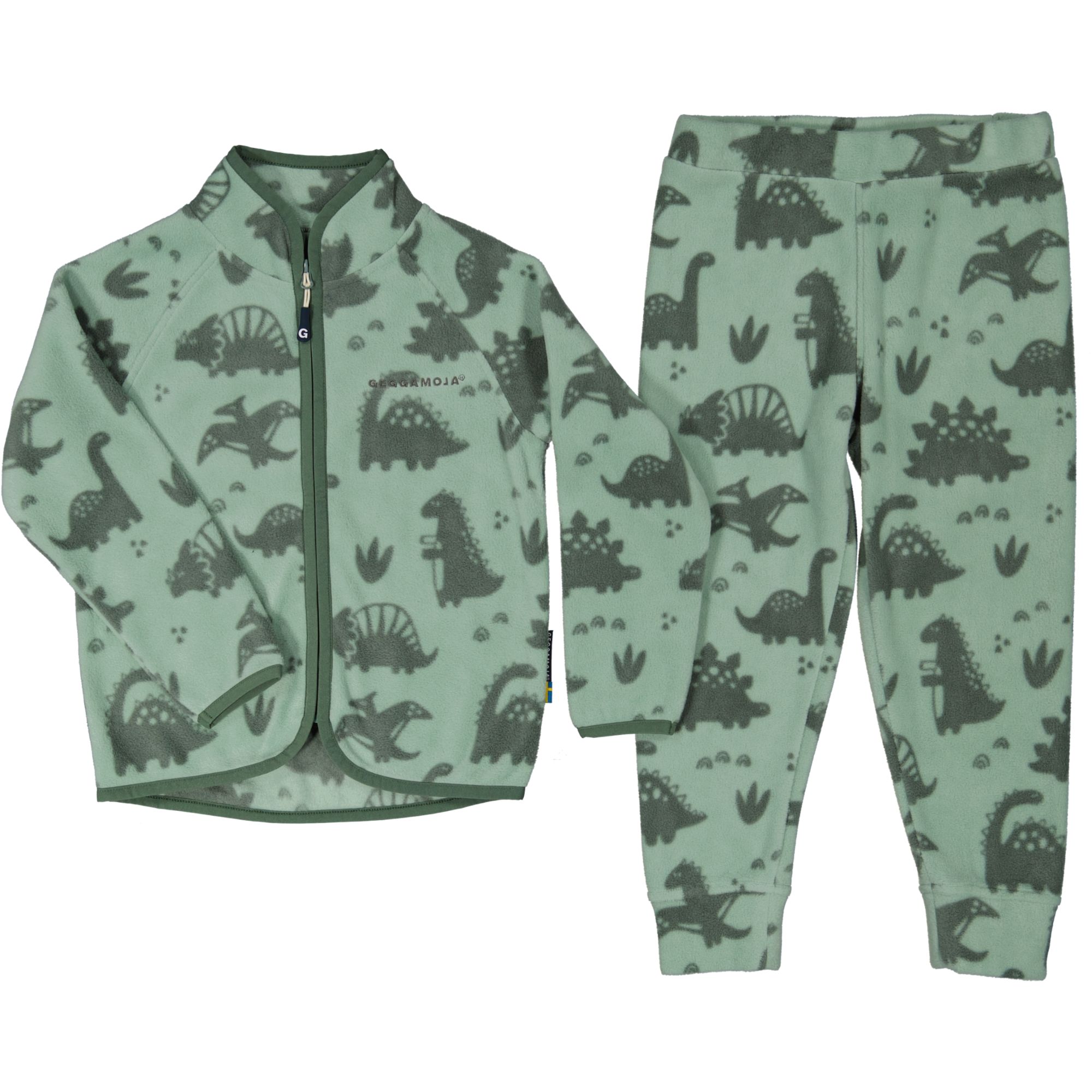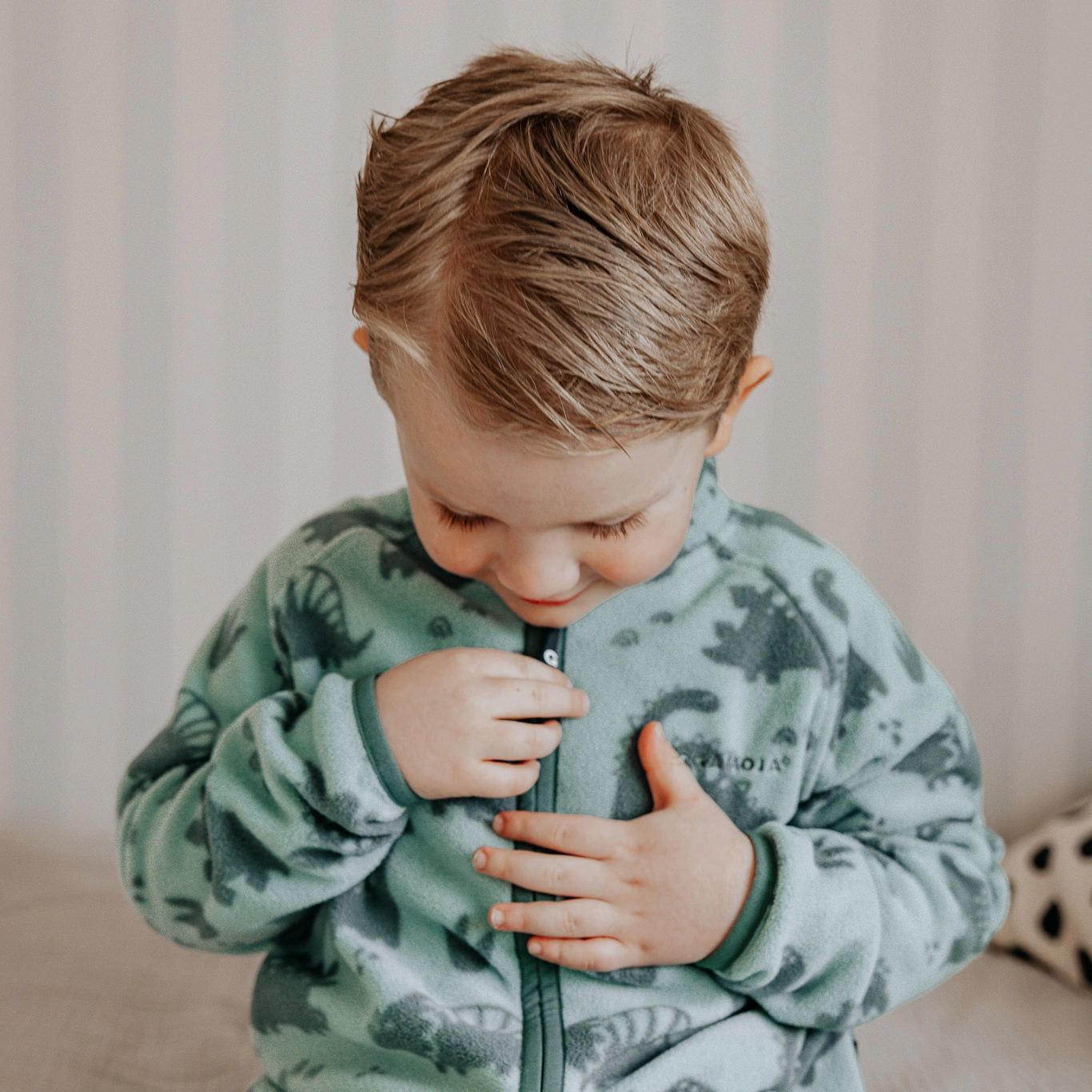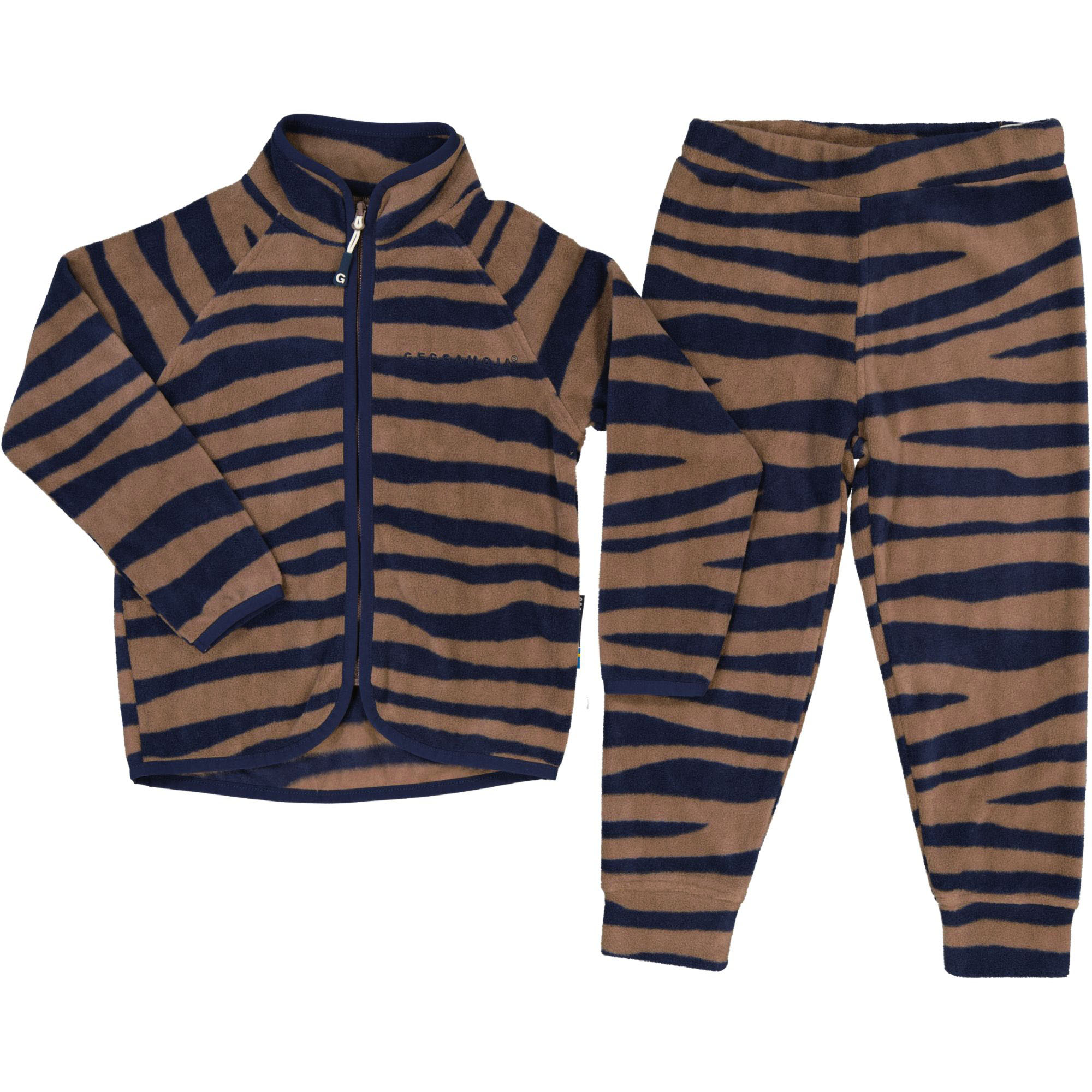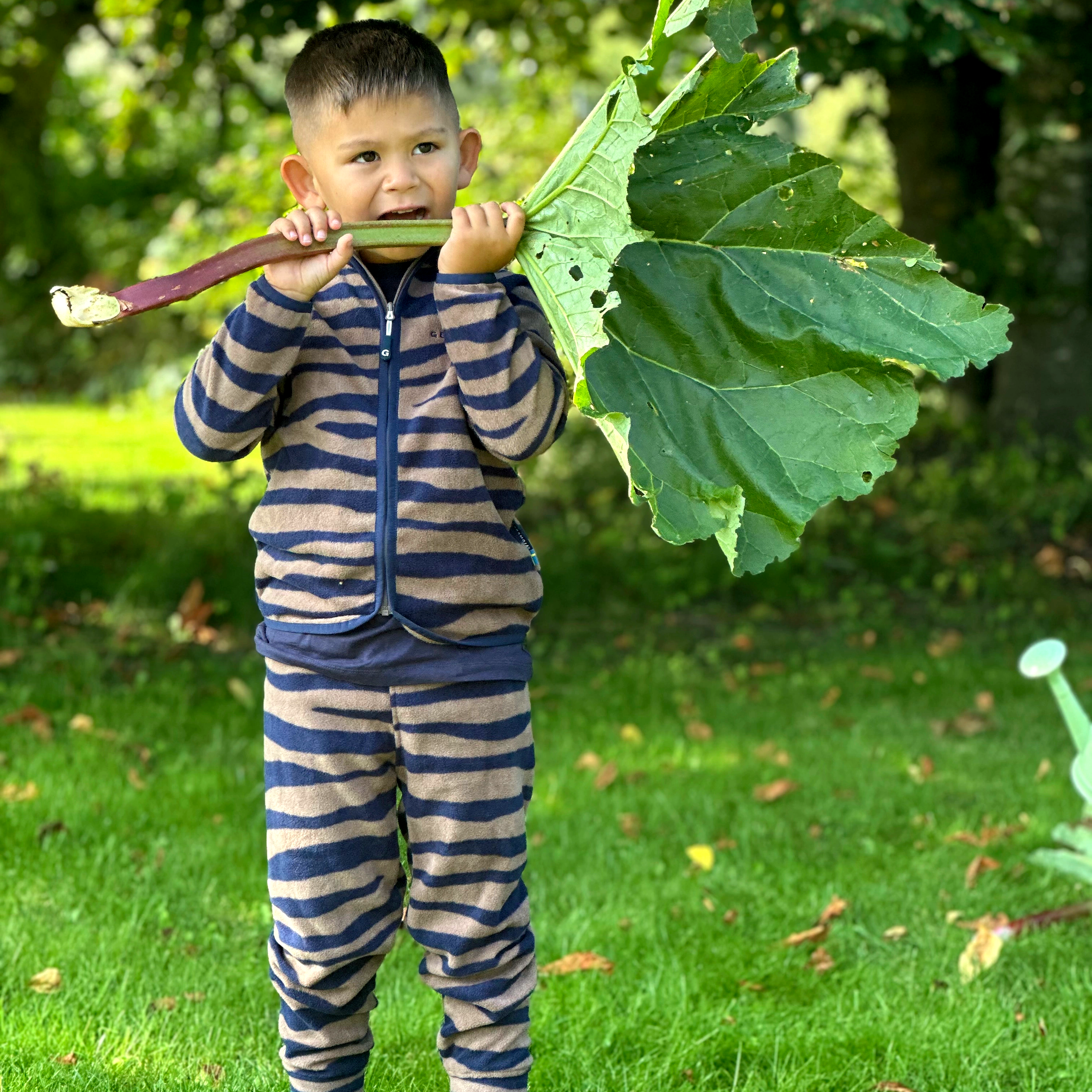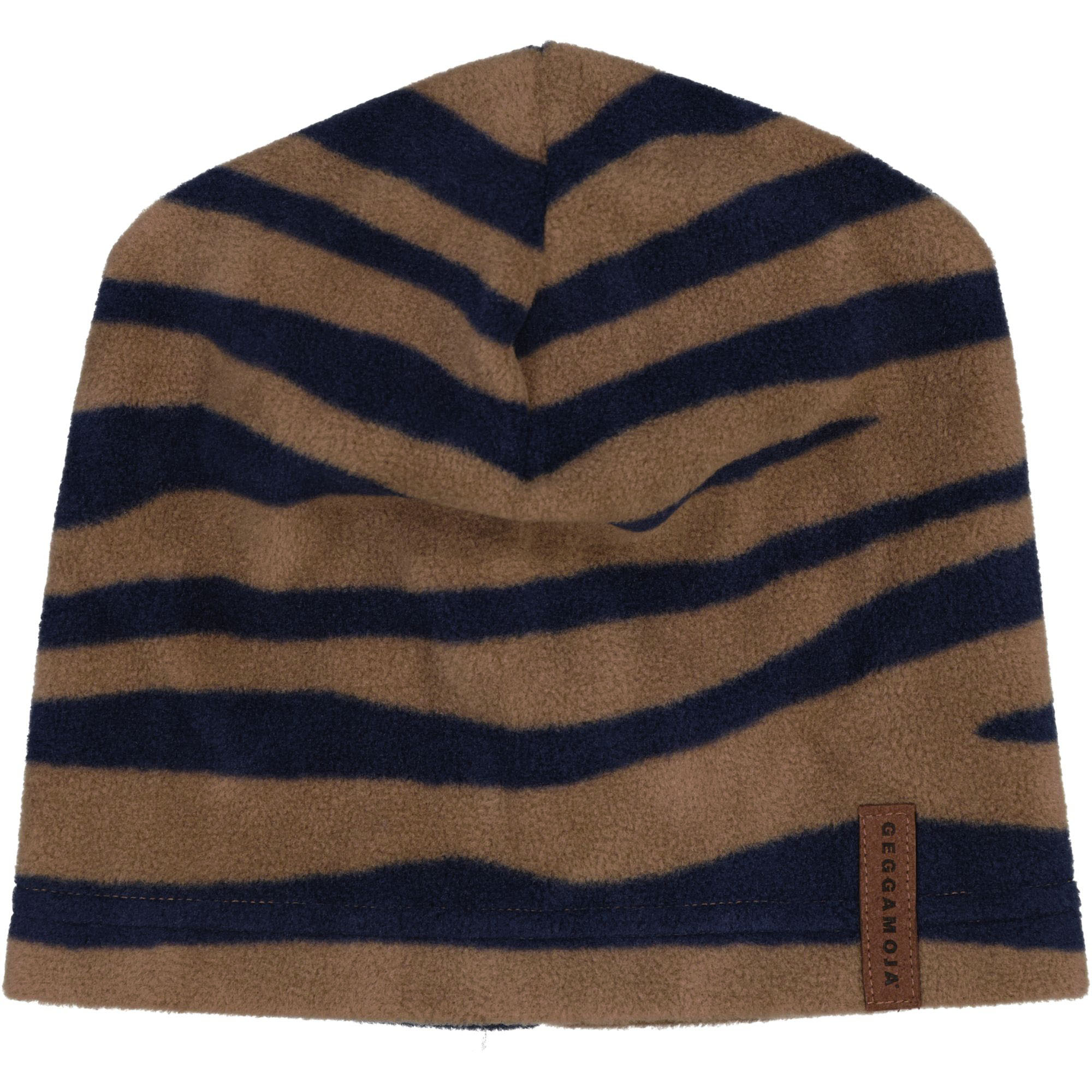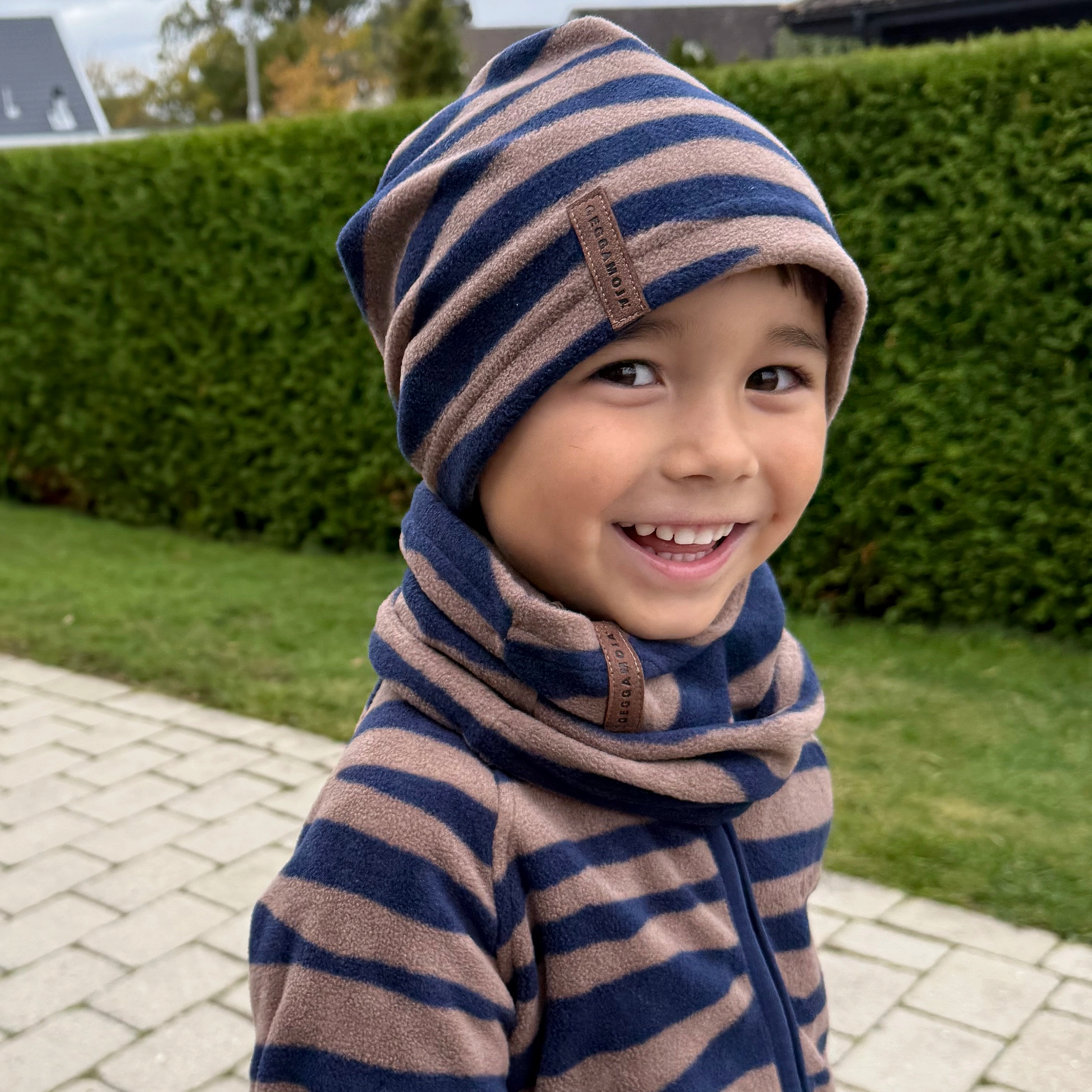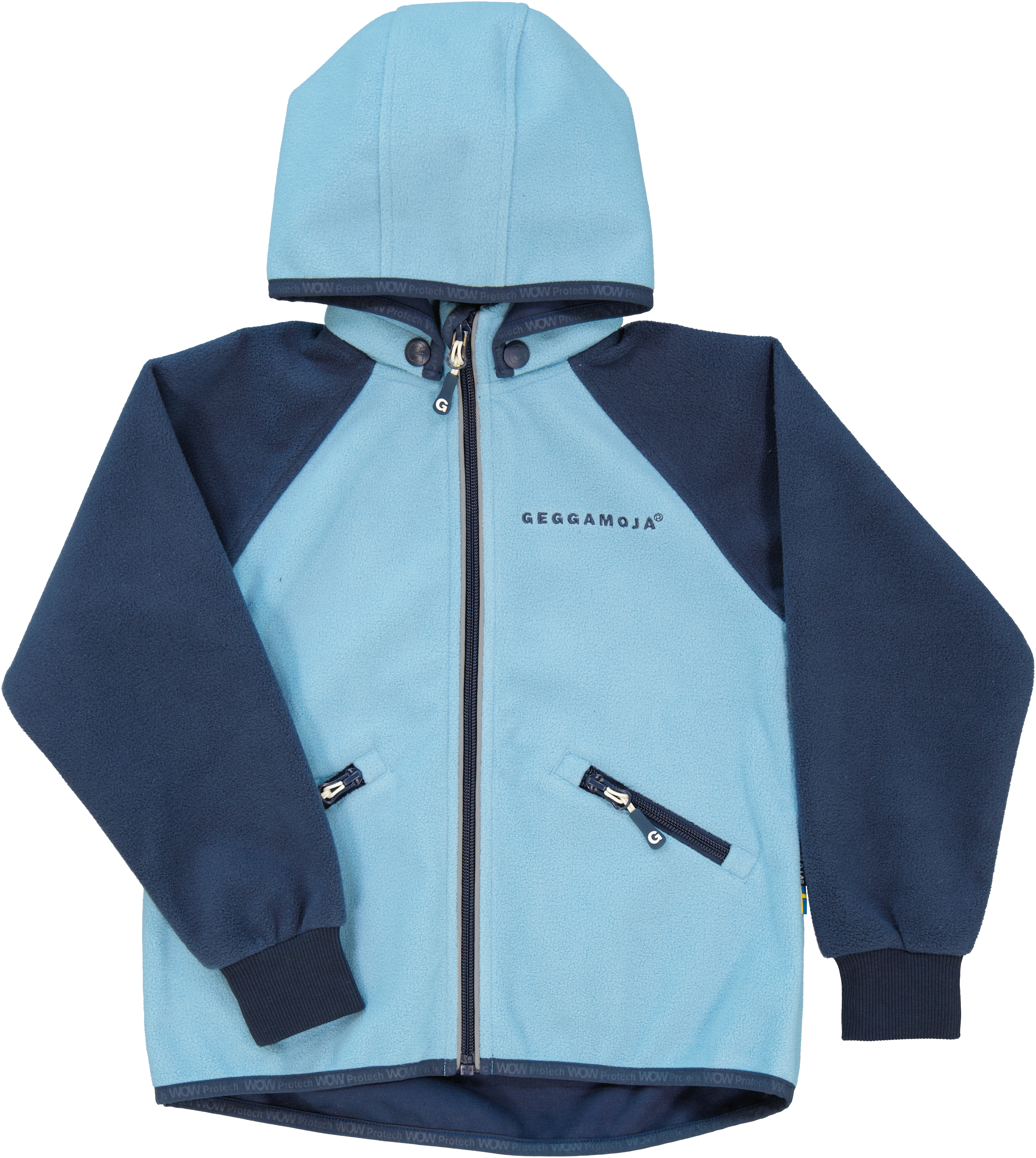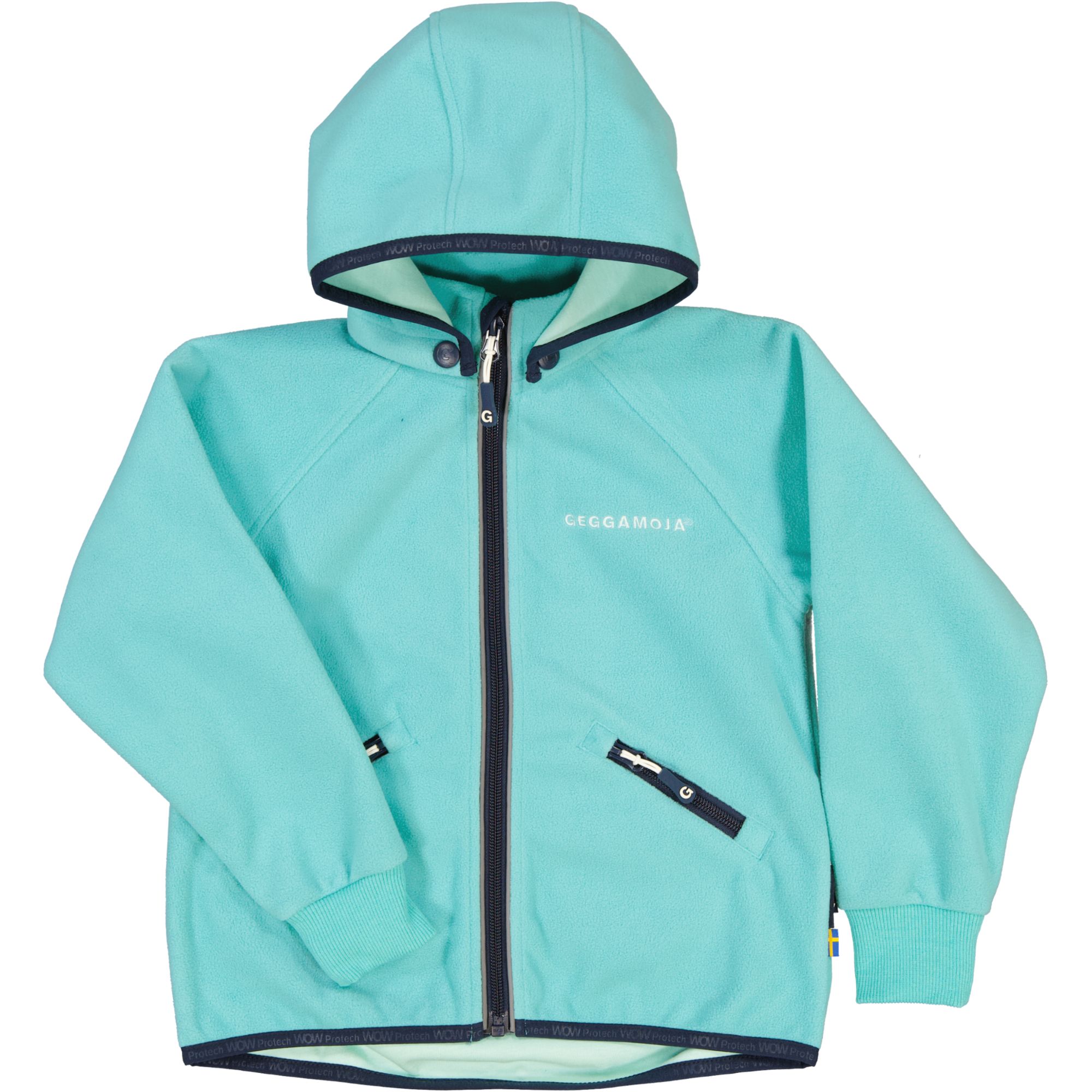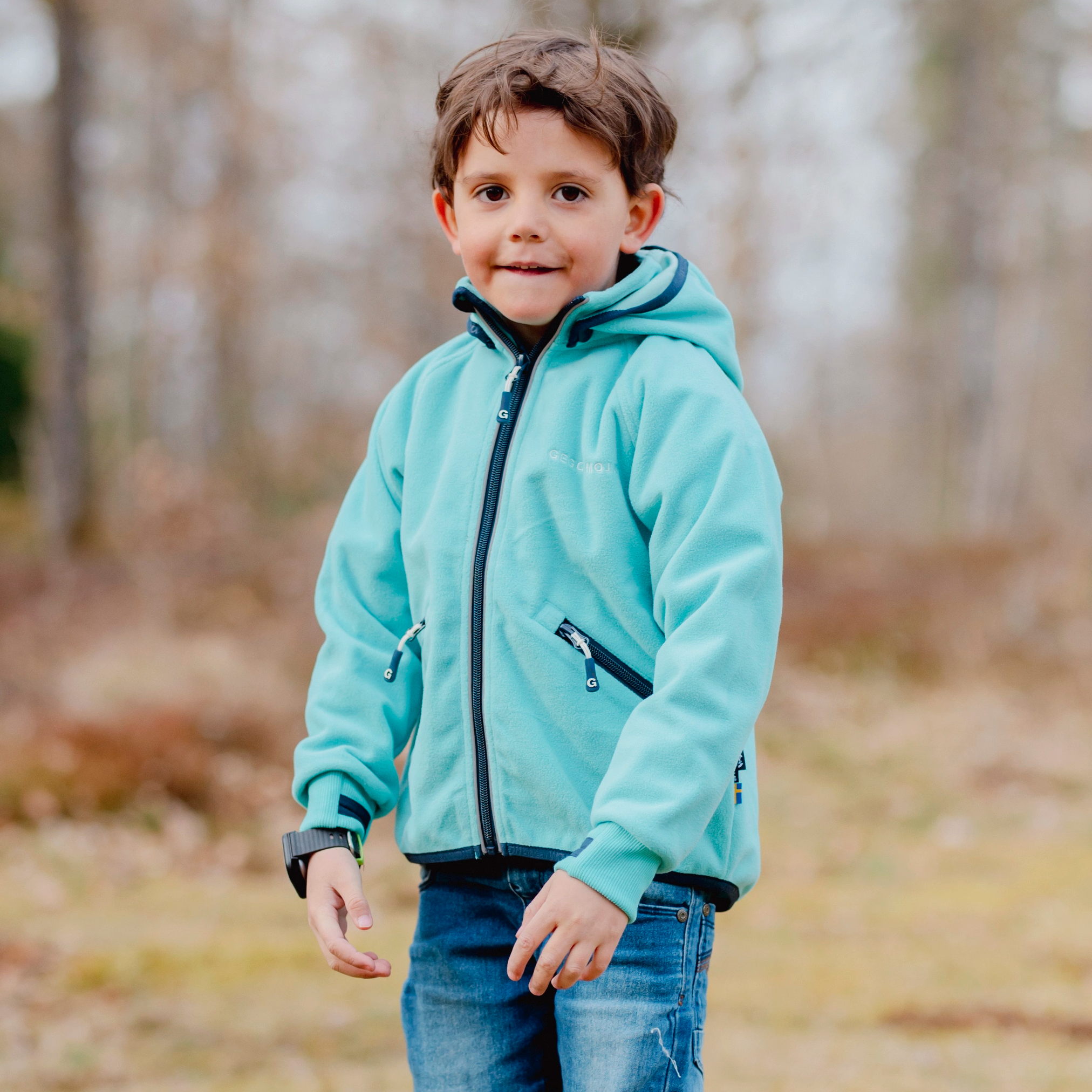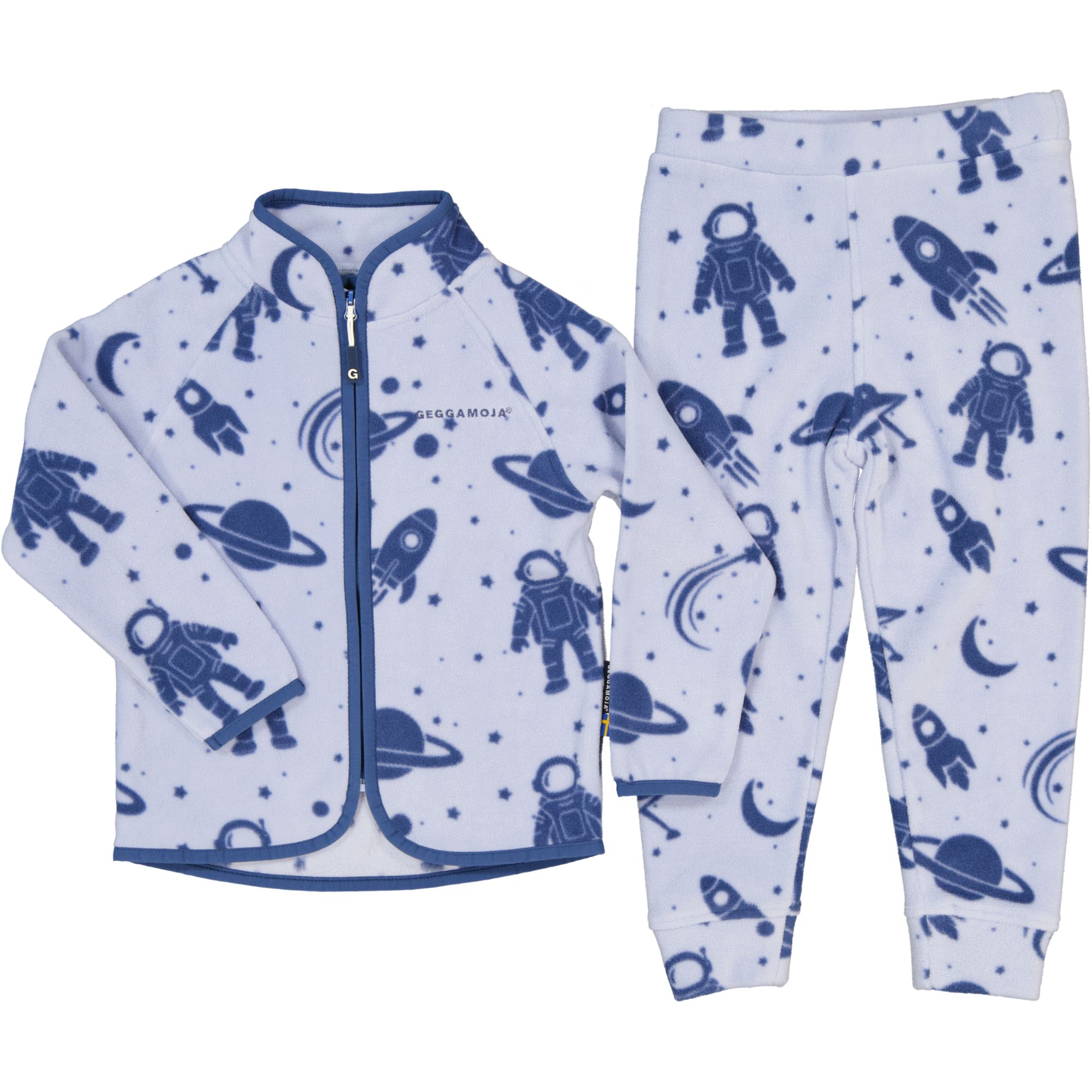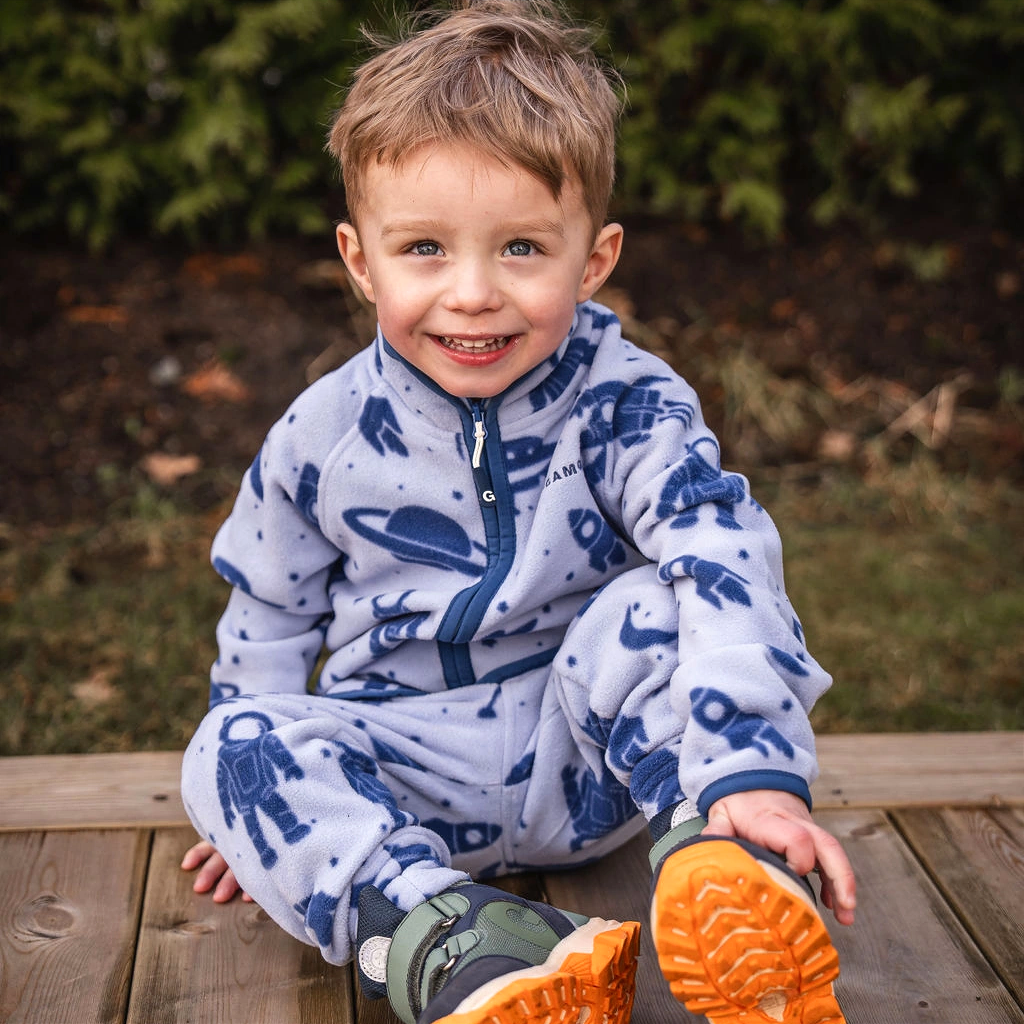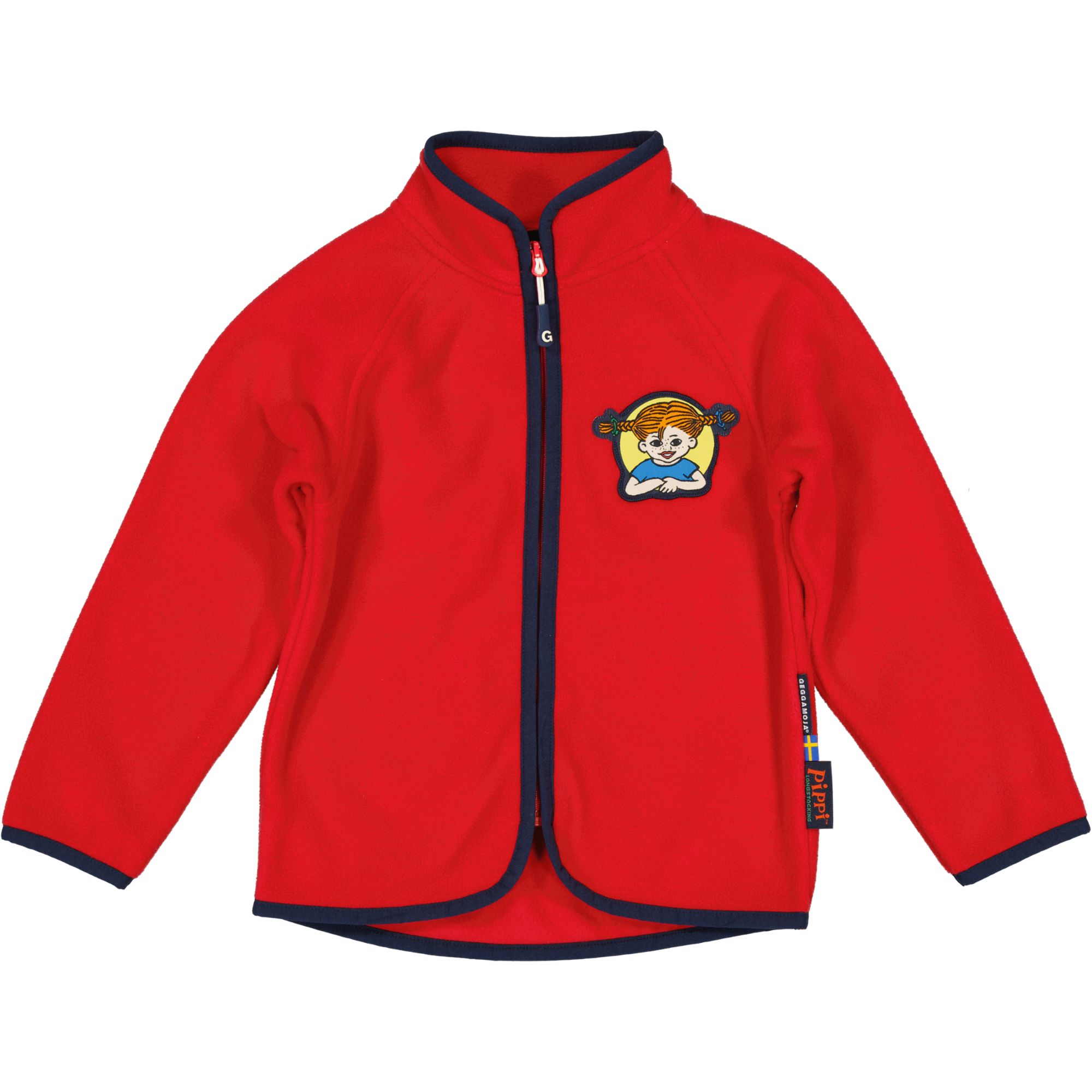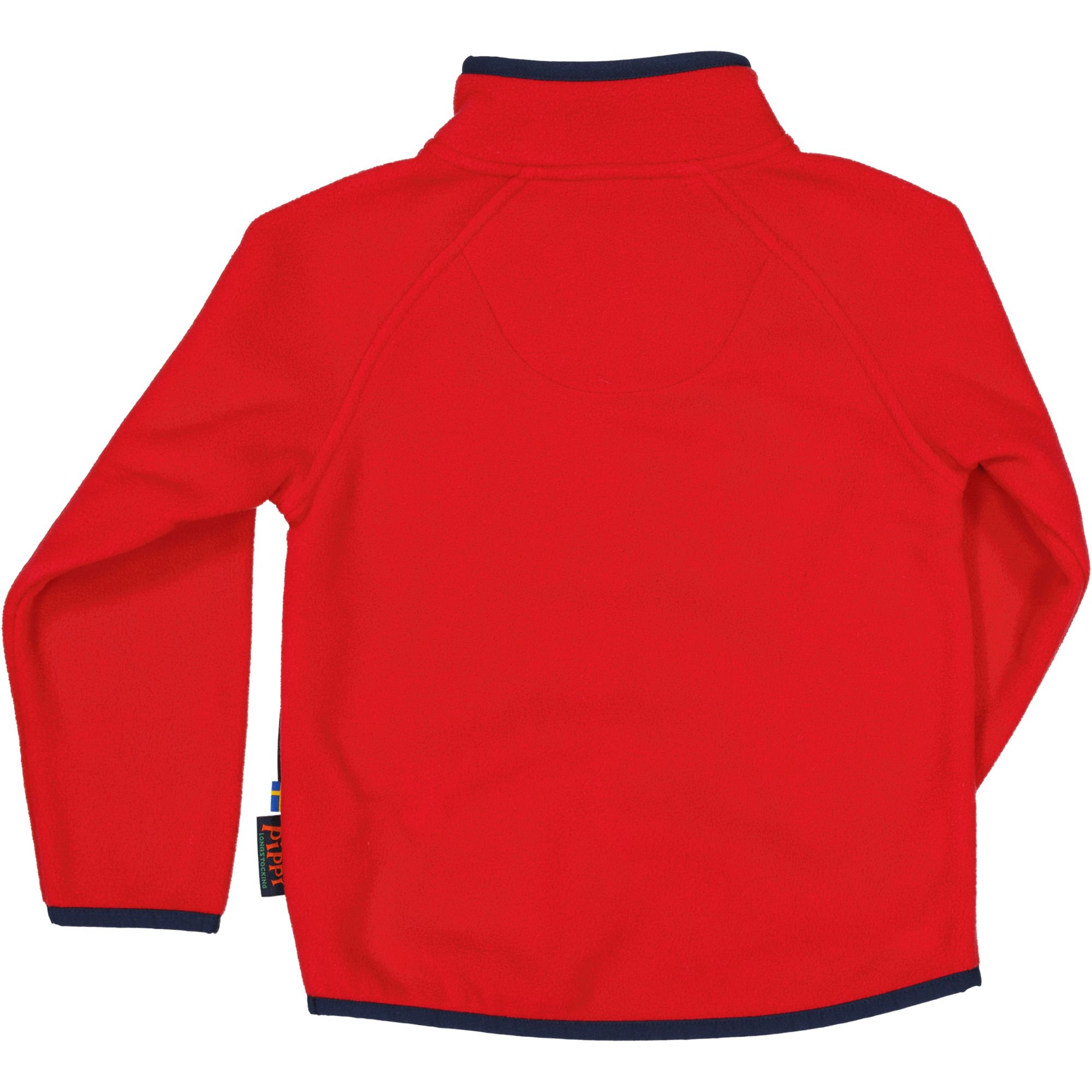The laundry bag GUPPYFRIEND
Our GUPPYFRIEND laundry bag is an effective, scientifically proven and patented solution to stop microplastic pollution.
It reduces fiber waste and protects our clothes.
It filters the microfibers that break and does not lose any fibers itself.
The microplastic problem
Microplastics released from washing harm the environment.
With every wash, countless microfibers from synthetic textiles make their way from washing machines to rivers, lakes and oceans. Once in the environment, the microfibers concentrate penetrating bacteria and pollutants. They are consumed by aquatic organisms, which can result in gastrointestinal infections and blockages, reproductive problems and starvation. Serious consequences are not limited to animals and nature.
The small pieces of plastic threaten our own health: They enter our food and our bodies through the food chain.
Which clothes can be washed in GUPPYFRIEND?
We developed the GUPPYFRIEND laundry bag to reduce the amount of microplastic fibers that enter the environment. These come off, for example, when washing synthetic textiles (polyester, acrylic, nylon, etc.). It therefore makes sense to wash these textiles in particular in the bag. Fleece jackets, sportswear and outdoor clothing are often made entirely or largely of synthetic fibers, but most other garments also contain some amount of synthetics. You can check the care label to see what your garments are made of.
But clothes made of pure cotton and wool can also be washed in the GUPPYFRIEND Washing Bag, as textiles made of natural materials also lose fibres. Washing in the GUPPYFRIEND laundry bag significantly reduces fiber breakage and thus protects your clothes from wear and tear. You can enjoy your clothes much longer - another sustainable benefit of the Guppyfriend laundry bag.
By the way: Unfortunately, synthetic fibers can even be found in clothes if they are not on the care label. The rules for listing the components on care labels vary widely, so a jumper labeled as 100% wool may contain up to 10% synthetic fibers.

